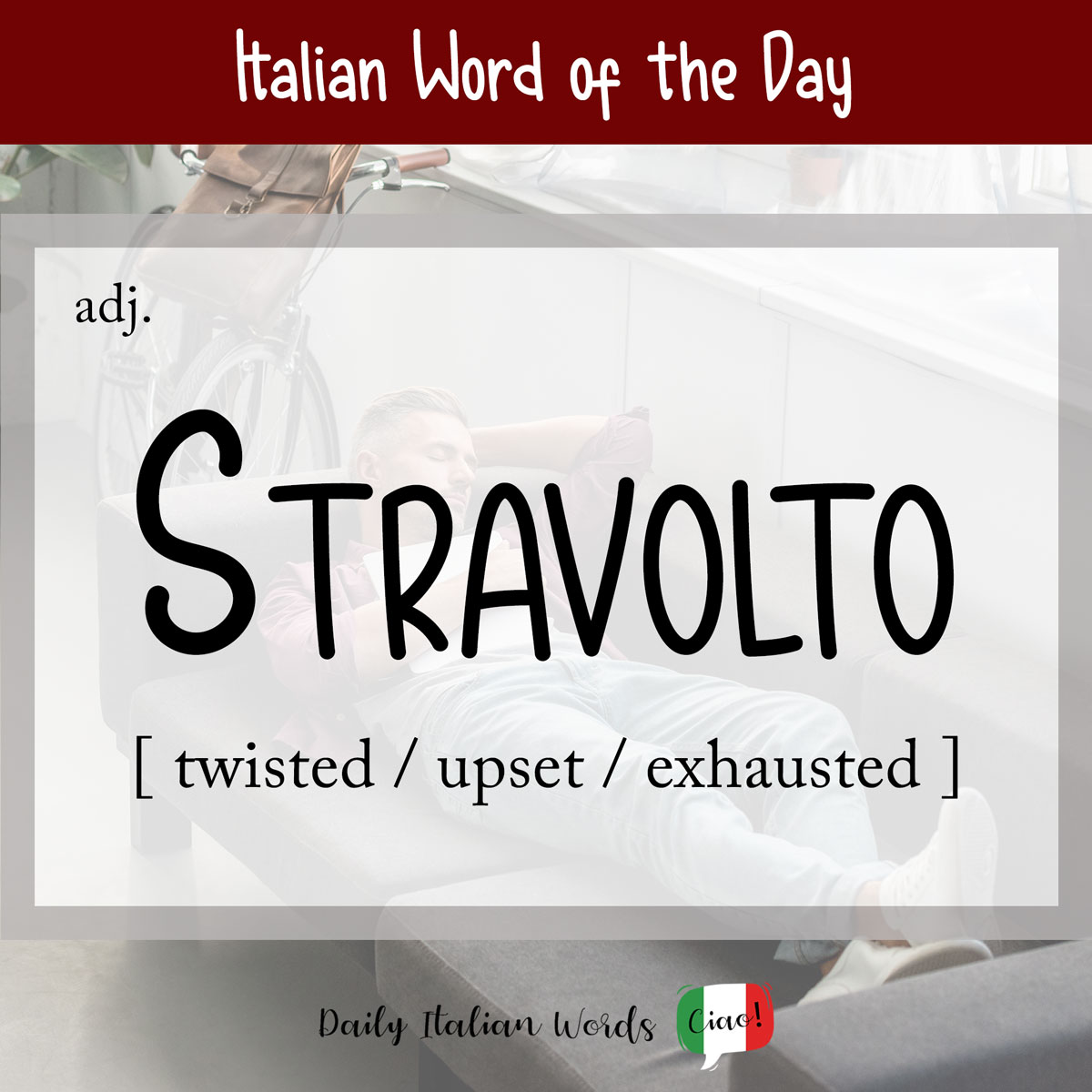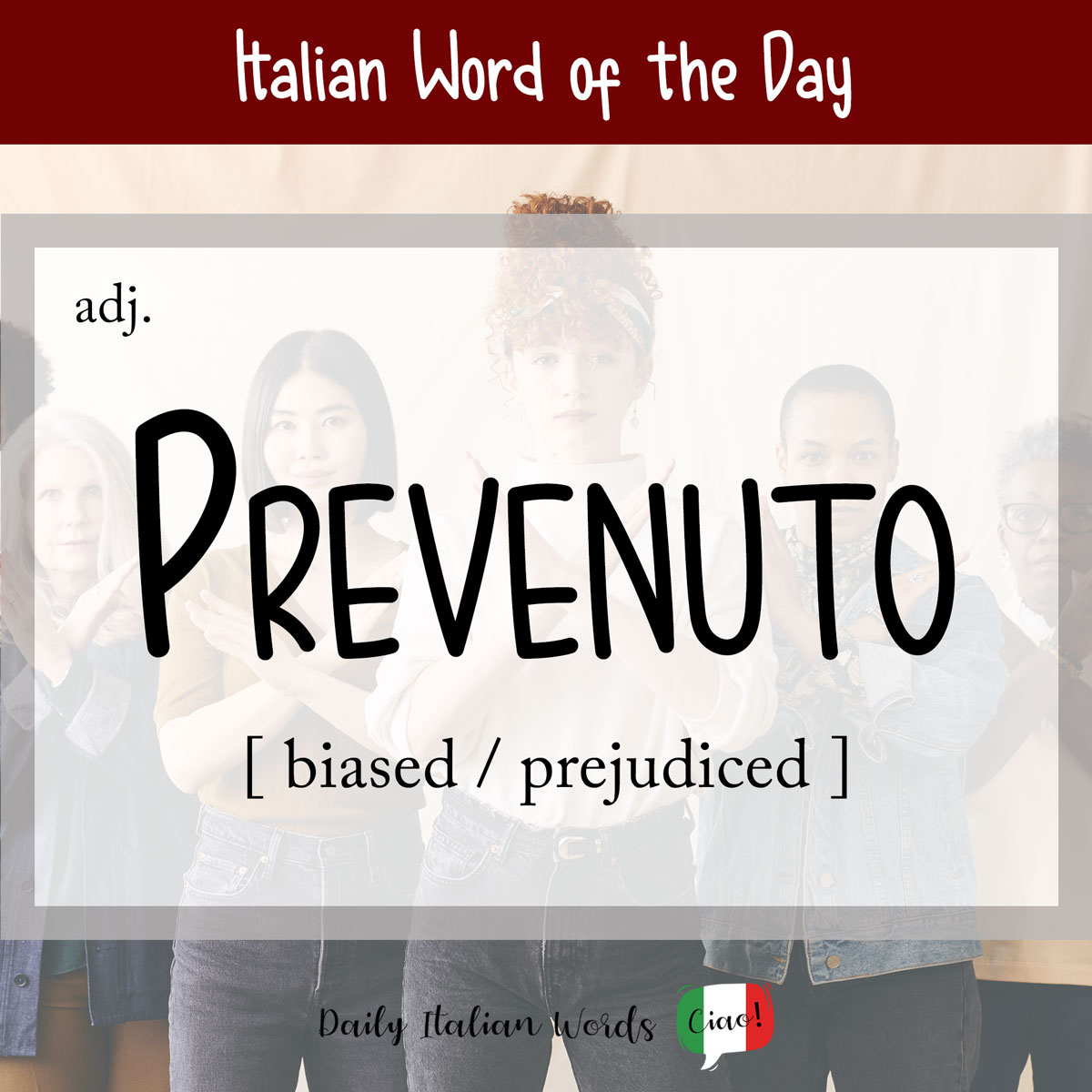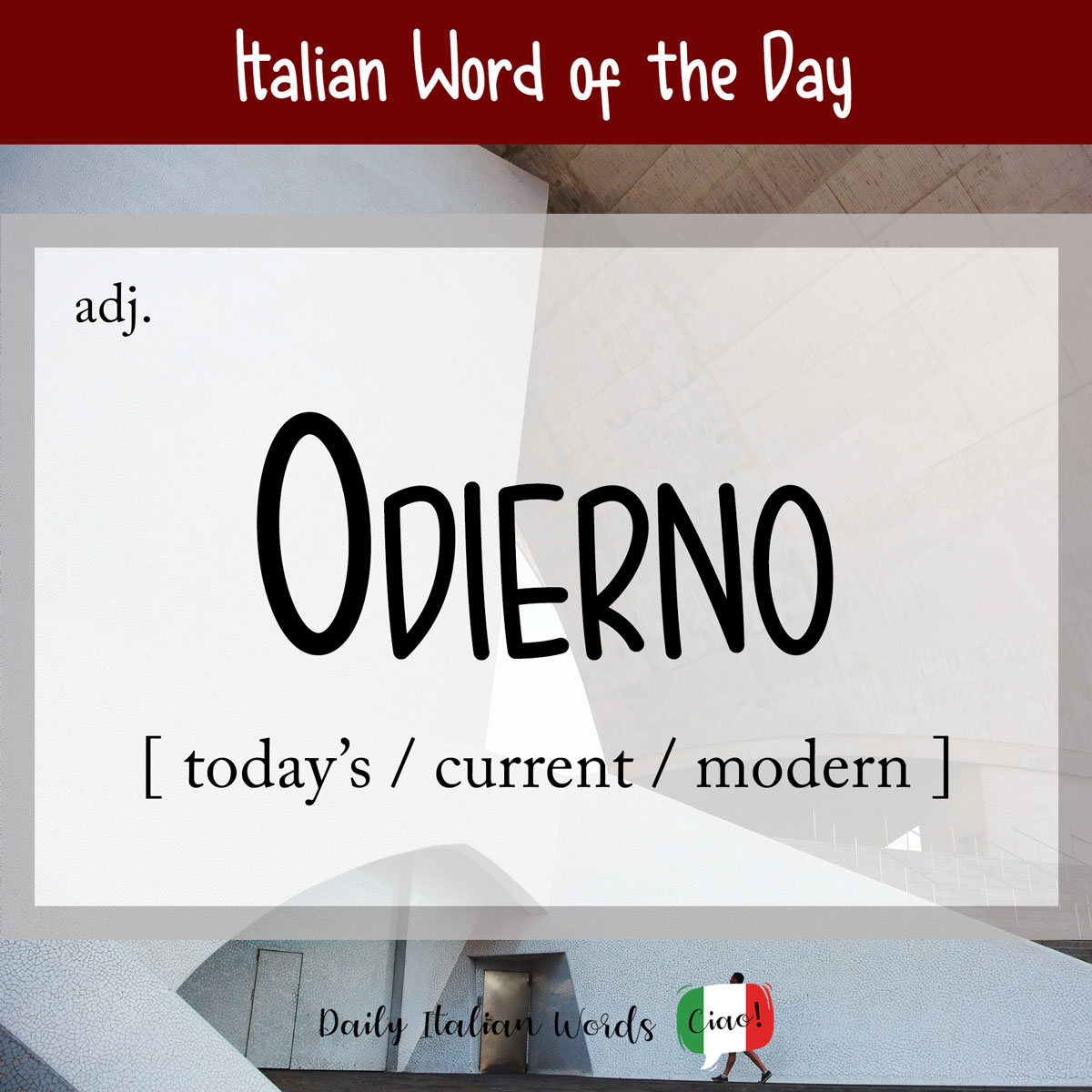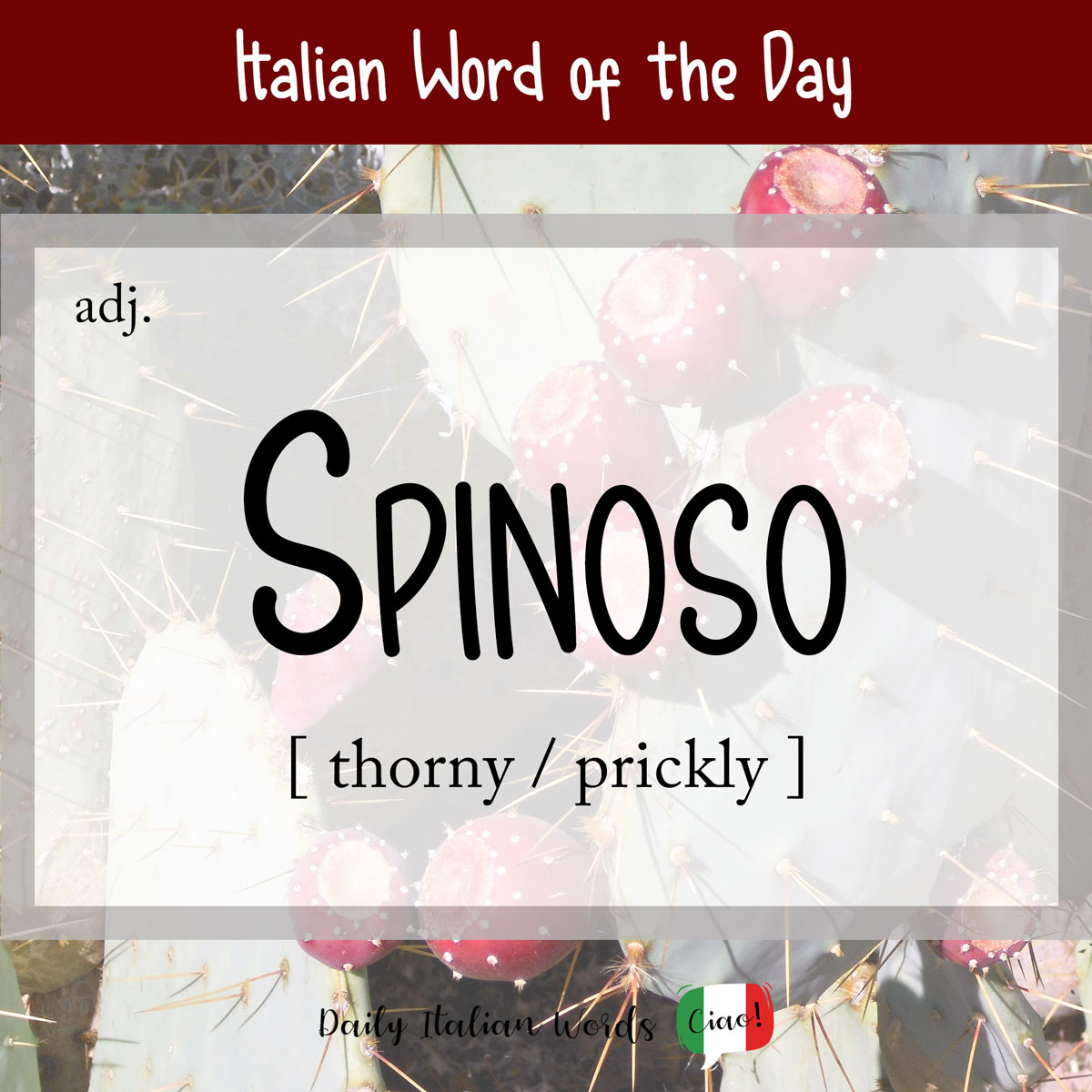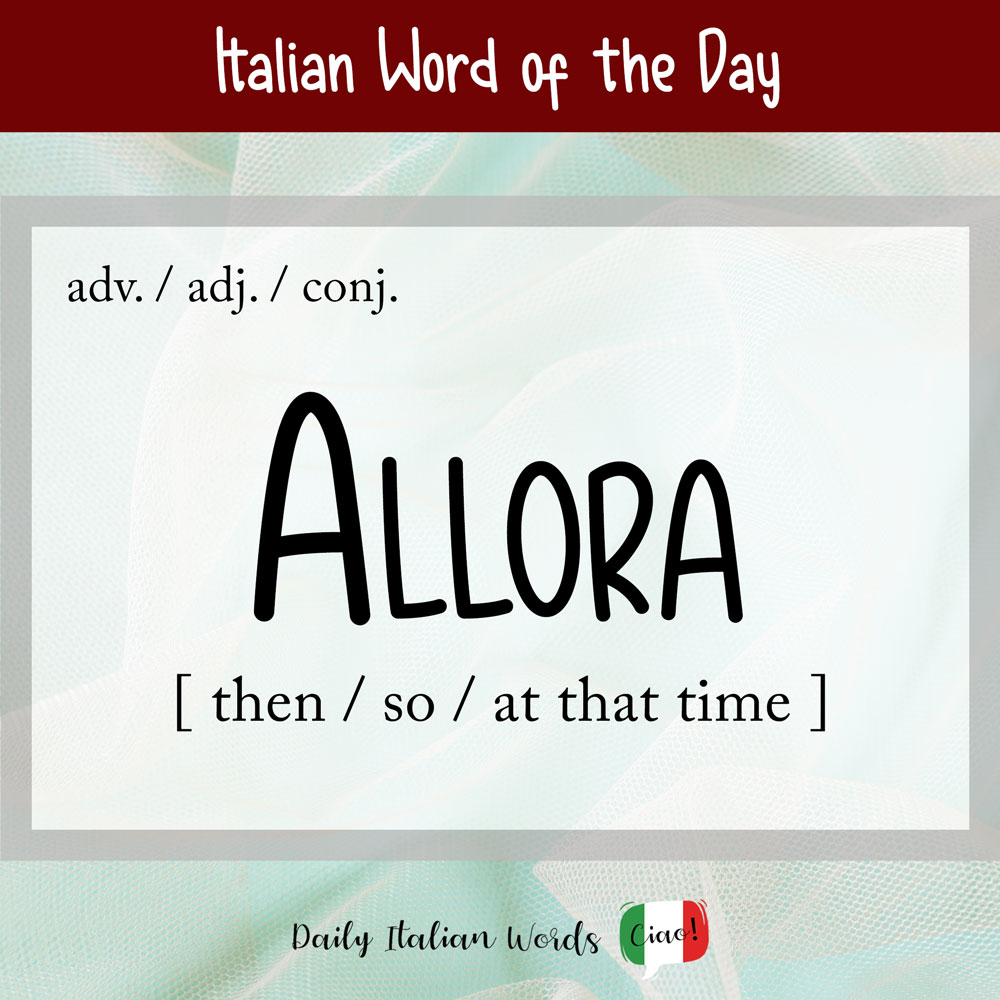Italian Word of the Day: Stravolto (twisted / upset / exhausted)
Stravolto is an adjective you can expect to hear fairly often in daily Italian conversation, but what does it mean? Let’s take a look now! Stravolto comes from the verb stravolgere which means “to turn something on its head” “to distort” or “to upset”, or in a more positive sense, “to revolutionise”. It is the …

